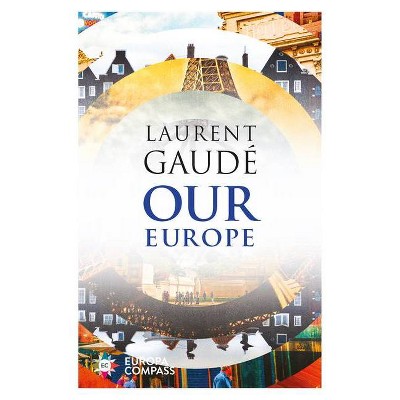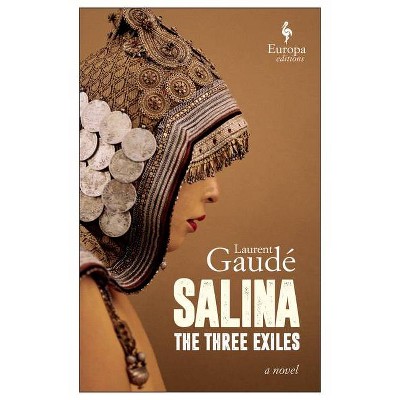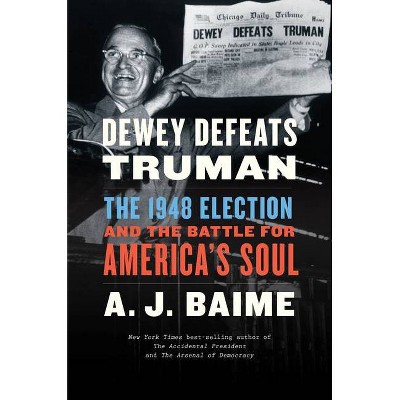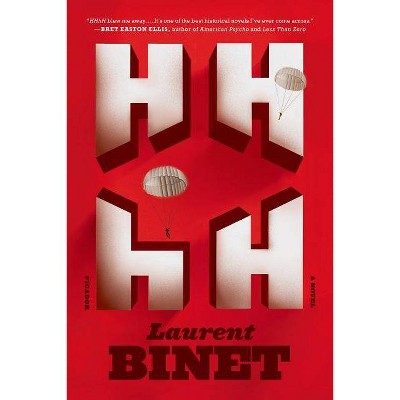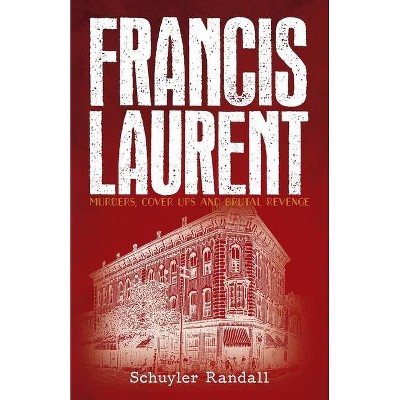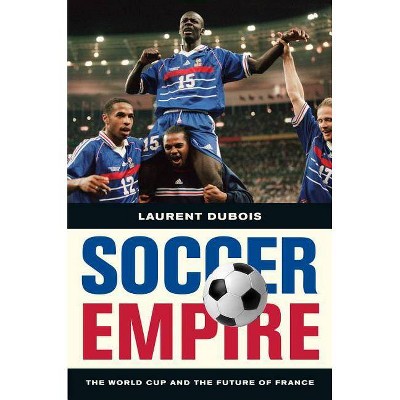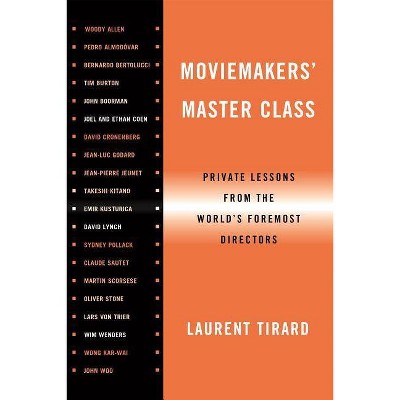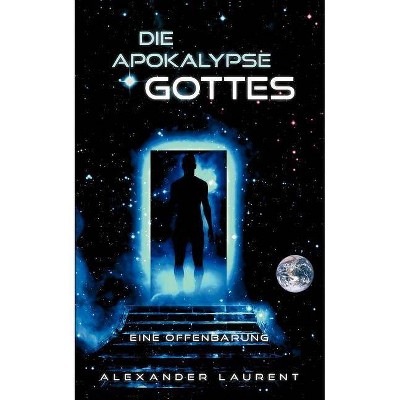Hear Our Defeats - by Laurent Gaudé (Paperback)
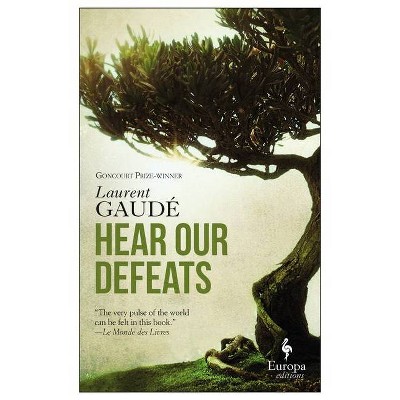
Similar Products
Products of same category from the store
AllProduct info
<p/><br></br><p><b> Book Synopsis </b></p></br></br><p><b>A "propulsive" historical novel about the battles--won, lost, and ongoing--that define us, from a winner of the Goncourt Prize (<i>Library Journal</i>, starred review).</b> <p/>Assem, a French intelligence officer, is tasked with tracking down a former member of the US Special Forces suspected of drug trafficking during the war in Afghanistan. En route to Beirut, he shares a night with Mariam, an Iraqi archaeologist, who is in a race against time to save ancient artifacts across the Middle East from the destruction wreaked by ISIS.<br>Woven into these two forceful, gripping storylines are meditations on humankind's bellicose history--Hannibal's failed march on Rome and the burning of his fleet on the waters of the Mediterranean; Grant's pursuit of the Confederates into rural Virginia; Robert E. Lee's surrender at Appomattox Courthouse; and Emp. Haile Selassie's swift retreat from Ethiopia: all turning points in world history, each showing a different facet of how nations and individuals face defeat.<br>This novel is filled with both a philosophical sensibility and a riveting immediacy, seamlessly taking us across the battlefields of our past to reflect on the implications of conflicts being waged today. <p/>"<em>Hear Our Defeats</em> is not a conventional historical novel, in the sense of trying to recreate the past imaginatively. Rather, it draws on a series of past episodes, from four discrete epochs--deliberately separated in time and place--to convey a message about time, violence and humanity."--<i>The Times Literary Supplement</i></p><p/><br></br><p><b> Review Quotes </b></p></br></br><br><p>Praise for <b><i>Hear Our Defeats</b></i> <p>"In packed yet propulsive language, Prix Goncourt winner Gaudé (<i>The House of Scorta</i>) considers what war does to humanity. [...] Highly recommended for smart readers." --<i>Library Journal</i> (Starred Review) <p>"As a story, Gaudé's latest is a modest accomplishment itself, but it is rich in philosophical possibilities that make it memorable." --<i>Kirkus Reviews</i> <p>"<i>Hear Our Defeats</i> smells of blood and gunpowder - yet we follow Gaudé and his characters into their respective hells. He is a shrewd novelist: his prose pleases through élan and a persuasive affinity for its subject - but something else is bleeding out." --Ron Slate <p>"<i>Hear Our Defeats</i> is not a conventional historical novel, in the sense of trying to recreate the past imaginatively. Rather, it draws on a series of past episodes, from four discrete epochs - deliberately separated in time and place - to convey a message about time, violence and humanity."--<i>TLS</i> <p>"<i>Hear Our Defeats</i> is a grand poem, a crazy and wise book. Crazy because the reader gets carried away by all the voices and some unknown magic, if not by Gaudé's restrained lyricism." --<i>Le Figaro Littéraire</i> <p>"Laurent Gaudé knows how to write with composure. His book, in which the very pulse of the world can be felt, reminds us of our duty not to despise our own fatigue. If for nothing more than this, its melancholic way of showing us what dominates us, it is of interest to the historian of power. Because literature, whether reserved or passionate, only becomes historic in order to bring us the news of our own history in the making." --<i>Le Monde des Livres</i> <p>"Urgent, epic, this philosophical novel encourages both lucidity and humility, to try to save what beauty is left in the world." --<i>Les Echos</i> <p>"In its humanistic breath and scope, as well as its literary challenge/audaciousness, <i>Hear Our Defeats</i> by Laurent Gaudé is a great book. An Iliad for our times, which tends to contemplate history from the losers' side." --<i>L'Echo de Bruxelles</i> <p>"A hopeful and probing literary gem by Goncourt Prize-winner, Laurent Gaude?, Hear Our Defeats is a dignified plea to engage with History." --<i>Midwest Book Review</i><p><br><p/><br></br><p><b> About the Author </b></p></br></br><p><b>Laurent Gaudé</b> is a French novelist and playwright. After being nominated for the 2002 Prix Concourt with <i>The Death of King Tsongor</i>, he won the award in 2004 for his novel <i>The Sun of the Scorta</i>. <p><b>Alison Anderson</b>'s translations for Europa Editions include novels by Sélim Nassib, Amélie Nothomb, and Eric-Emmanuel Schmitt. She is the translator of <i>The Elegance of the Hedgehog</i> (Europa, 2008) and <i>The Life of Elves</i> (Europa, 2016) by Muriel Barbery.<p>
Price History
Price Archive shows prices from various stores, lets you see history and find the cheapest. There is no actual sale on the website. For all support, inquiry and suggestion messagescommunication@pricearchive.us
